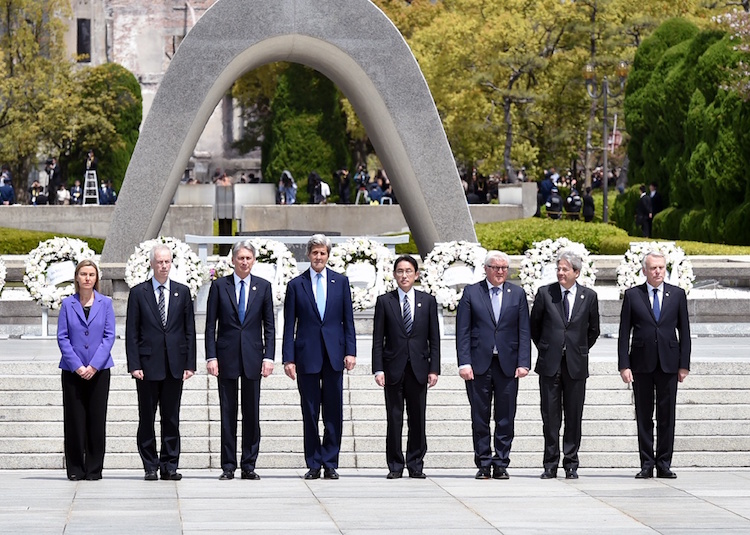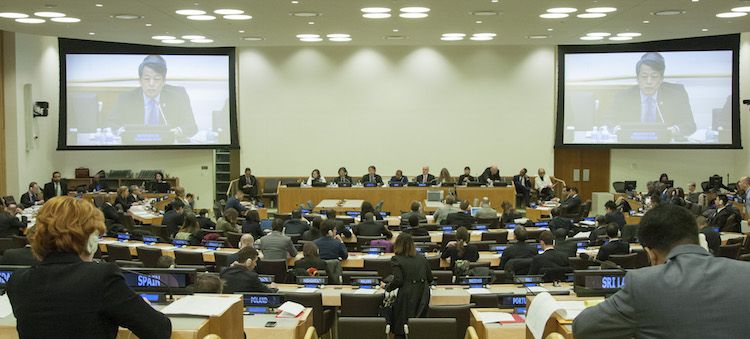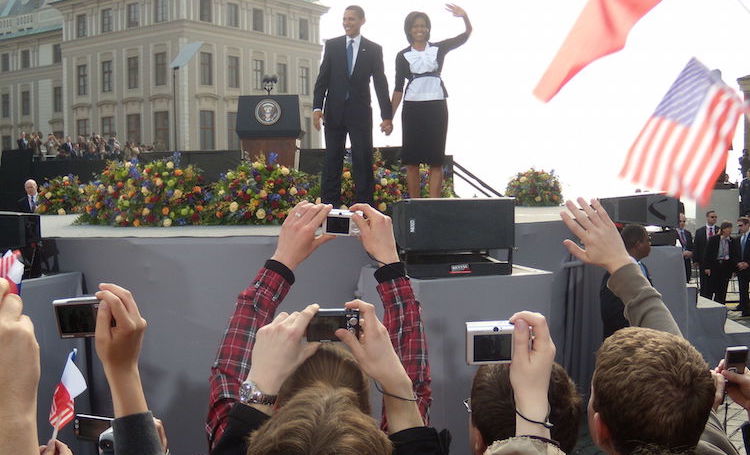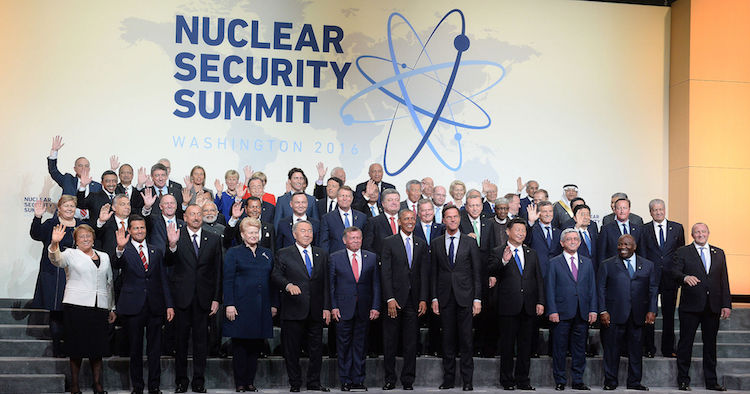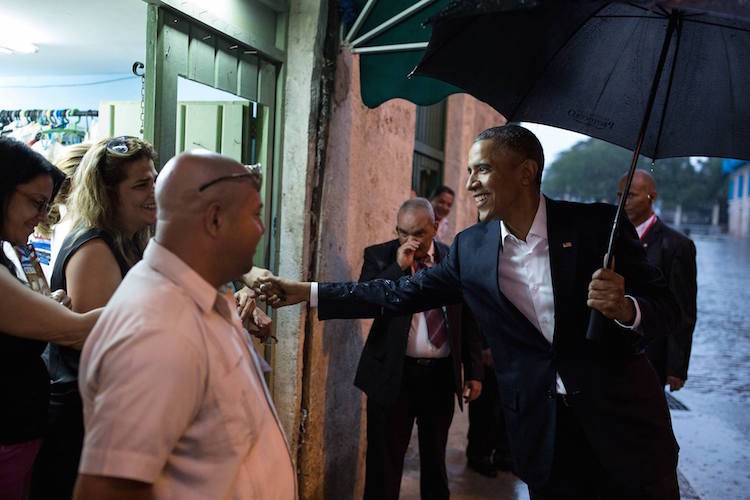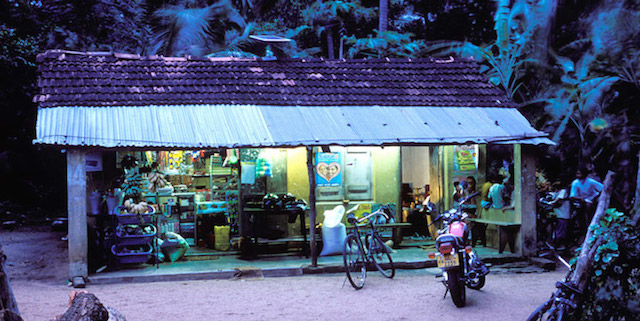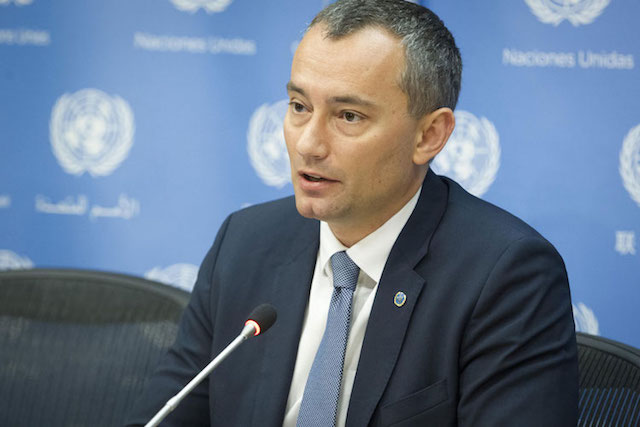Analysis by Rodney Reynolds
HIROSHIMA (IDN) – When the Foreign Ministers of G7 countries — Canada, France, Germany, Italy, Japan, UK and the United States – adopted the ‘Hiroshima Declaration’ at the end of a two-day meeting on April 11, they failed to make any concrete commitments for the total elimination of nuclear weapons worldwide.
The Declaration was replete with pious intentions and time-worn platitudes of the dangers of weapons mass destruction (WMDs), but fell short of a world without nuclear weapons.
Tariq Rauf, Director of the Disarmament, Arms Control and Non-Proliferation Programme at the Stockholm International Peace Research Institute (SIPRI), told IDN the Declaration is a major disappointment and a frittering away of a solemn opportunity – the 71st year following the nuclear bombing of Hiroshima and Nagasaki – to commit to nuclear disarmament and elimination of nuclear weapons.

